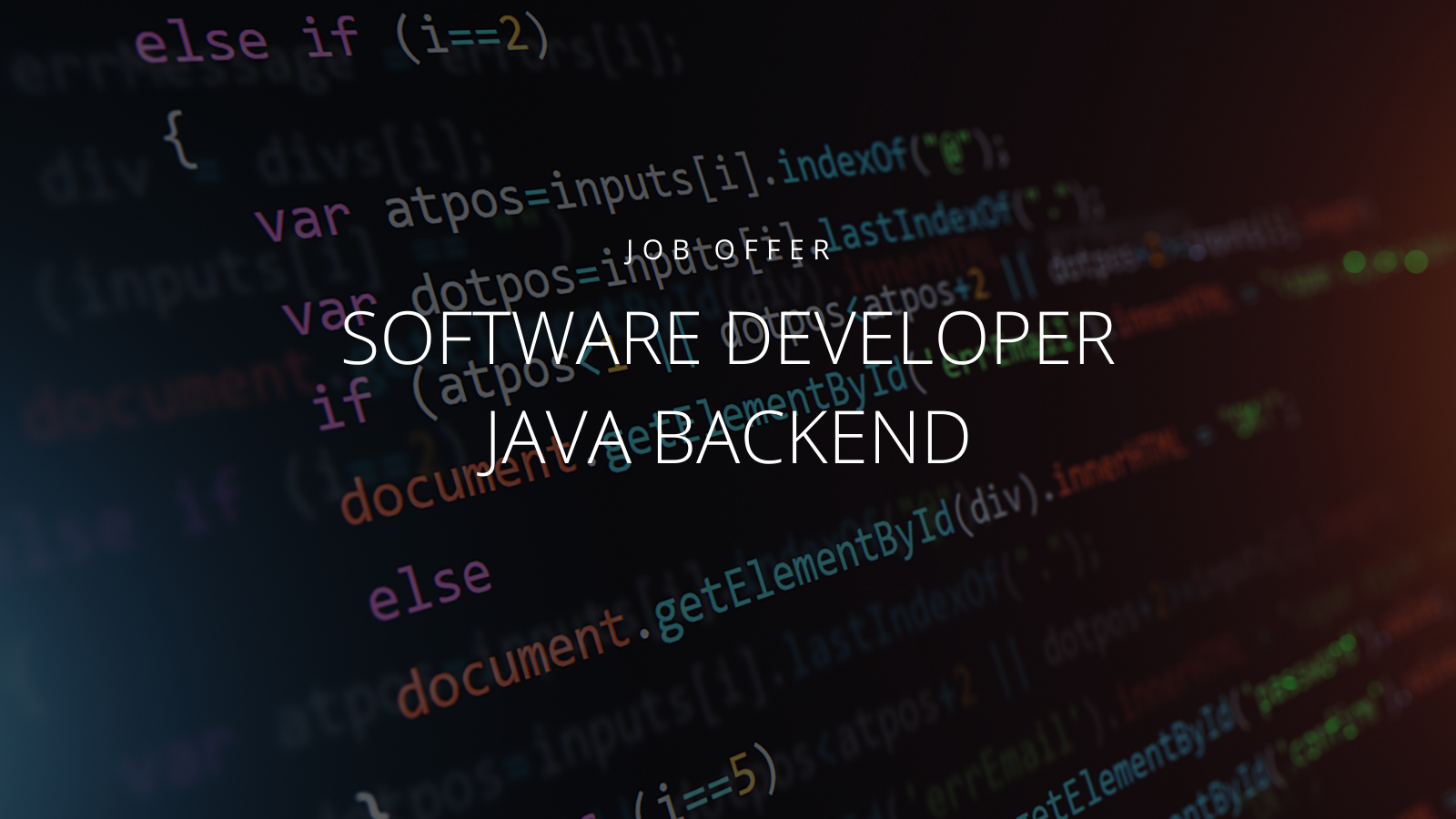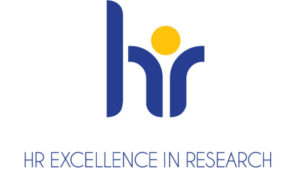Software Developer – Java Backend


closed
The Basque Centre for Climate Change (BC3) offers a full-time Software Developer – Java Backend position in order to support the research activities of Research Line (RL) 5 on Integrated Modelling of Coupled Human-Natural Systems in the framework of the project “Exploration, analysis and forecast of biodiversity: possible responses to the 2030 strategy of sustainable development in a scenario of global change” of the Biodiversity Program under the Complementary Plan funded by the Spanish Ministry of Science and Innovation through the Recovery, Transformation and Resilience Plan and the Basque Government’s Innovation Fund.
During the past decade, the RL has envisioned and built the ARIES (ARtificial Intelligence for Environment and Sustainability (https://aries.integratedmodelling.org/ ) platform, a technology that integrates network-available data and model components through semantics and machine reasoning.
Its underlying open-source software (k.LAB, https://docs.integratedmodelling.org/technote/ ) handles the full end-to-end process of integrating data and with multiple model integration types to predict complex change. It also supports selection of the most appropriate data and models using cloud technology and following an open data paradigm: the resulting insight remains open and available to society at large, and becomes a base for further computations, contributing to an ever-increasing knowledge base. For the first time, it is possible to consistently characterize and publish data and models for their integration in predictive models, building and field-testing technologies that have eluded researchers to date.
We are looking for an individual who can support strategic activities related to integrated data science and collaborative, integrated modelling on the semantic web (semantic meta-modelling).
The selected candidate will:
Contribute to the design and implementation of the modeling engine, which assembles network-available model components and data and compiles the assembled graph into a runnable dataflow. The candidate should be conversant with simulation modeling principles, machine reasoning using OWL and its Java implementations (OWLAPI), open source GIS (e.g. Geotools), and be aware of, or open to quickly learn, corresponding technologies on the Java platform. Understanding of REST, Spring and Websockets (for communication with the front-end) will be necessary.
Initial Tasks:
- Getting familiar (6 months) and proficient (12 months) with the functioning of the k.LAB modelling engine and assist the team in debugging and resolving potential modelling and contextualization issues.
- Contribute to further development of the k.LAB modelling engine (12 months).
- Understand contribute and resolve issue related to k.LAB nodes and adapters* components (12 months).
Implied subtasks:
- Build the software and navigate the source code
- Interpret the source code
- Understand how the k.LAB modelling engine works
- Profiling code execution
* Diverse, extendible sourcing of information for resources is enabled through the use of adapters, software plug-ins that adapt a specific data or service format to the API. The adapter identifier and parameters are specified in the metadata associated to the URN and used to select the methods for contextualization, import, export and indexing. Adapters are made available as k.LAB components, installable in k.LAB Engines and k.LAB Nodes, and can be extended by developers using the Java API to support formats and services not yet available. External APIs (e.g. datacubes) can be supported by deploying a bridge adapter to one or more k.LAB Nodes.
(https://docs.integratedmodelling.org/technote/index.html#_resource_adapters )
After 12 months the candidate is expected to:
- Collaborate on developing, strengthening and debugging the back-end and/or the client components of the k.LAB software stack (and more specifically the modeling engine).
- Collaborate on the definition of unit tests and code review policies for both k.LAB and the associated data/model products.
- Participate in all aspects of the development life cycle including analysis, design, development, documentation, release and deployment.
- Communicate and coordinate with both technical and non-technical stakeholders.
Term of contract
- Envisaged starting date: October 2022
- End date: 31stof December, 2024
- Probationary period: 6 months.
- Excellent opportunities for longer term employment upon successful performance.
.
Salary
The position will carry competitive salary, matching the academic and professional profile of the applicant, and excellent work conditions. For more details please reach out to us.
Junior profiles
are welcome to apply and will be considered accordingly.
Location
Basque Centre for Climate Change, Leioa, Spain. The position is on site with possibility of working partially in remote after initial training.
As a HR Excellence awarded institution, BC3 is committed to conciliate research-academic requirements and family duties. BC3 is particularly concerned with creating equality opportunities for for all people despite their sex or gender. Women with relevant qualifications are therefore strongly encouraged to apply for the position.
Application procedure:
Fill the form below and upload one PDF document with the following information:
- CV
- One-page MOTIVATION LETTER.
- Contact information of two referees.
Applications close
12th of September, 2022
Please consider that only applications sent through the application form of BC3 will be considered.

